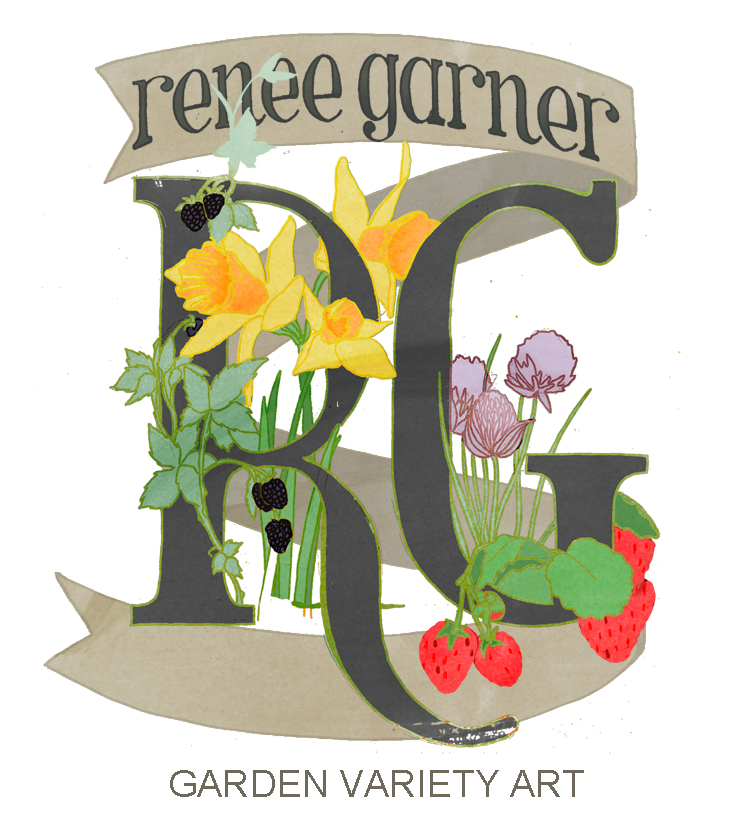 I subscribe to the Lowe's Creative Ideas newsletter (don't ask me why, 99% of the time they get automatically deleted) and was surprised to find the face of Green Machine Danny Seo smiling back from my inbox with this installment.
I subscribe to the Lowe's Creative Ideas newsletter (don't ask me why, 99% of the time they get automatically deleted) and was surprised to find the face of Green Machine Danny Seo smiling back from my inbox with this installment.He touts several books under his green brand Simply Green, has created and hosted shows on HGTV, is the Environmental Lifestyle Contributor on The CBS Early Show, is Editor-at-Large of Country Home magazine, has contributed to Elle magazine, and has a new line of green home goods coming out through J C Penny.
Then there is the good-for-the-body green guy: Dr. Andrew Weil. Every time his name is mentioned, the image of a healthy, vibrant Santa Claus figure springs to mind. Aside from his ever growing list of health bas
 ed books and brand of nutritional supplements, he's paired up with Nature's Path for food products, Waterford Wedgwood for a line of cookware, and Estee Lauder's Origins for his line of skin care products called Plantidote. I'm a big fan of Spontaneous Healing, it explains the easy-to-get-behind concept of integrative wellness in a fluid and comprehensive way, but navigating the site I feel like I'm dodging advertising bullets and this "Weil (TM) Your Trusted Health Advisor (TM)" is almost funny to me. (Trademark?? Really??)
ed books and brand of nutritional supplements, he's paired up with Nature's Path for food products, Waterford Wedgwood for a line of cookware, and Estee Lauder's Origins for his line of skin care products called Plantidote. I'm a big fan of Spontaneous Healing, it explains the easy-to-get-behind concept of integrative wellness in a fluid and comprehensive way, but navigating the site I feel like I'm dodging advertising bullets and this "Weil (TM) Your Trusted Health Advisor (TM)" is almost funny to me. (Trademark?? Really??)What I can't decide is, why their prolific eco-status sticks out like a bruised green thumb. Is it because I feel a sense of pride and ownership in environmentalism so they're smudging the image of green by growing on such a massive scale? This would be an inherently self-defeating thought process, because it means I can't grasp the idea of ecological incorporation on the scale the world really needs.

Similarly, is it that I don't trust the big brands (although a cursory look into Nature's Path seems like it's a pretty good company) so these faces are now guilty by association?
Is it because I felt a connection with both of them as public figures at some point in the past, but now feel like they're "sellouts"? Something comparable to Modest Mouse losing their raw sound to become danceable corporate indie pop, which still I'll listen to, though all the while quietly mourning the lost edge. How effective is watered down integrity?
Which also makes me wonder if it just makes me even more aware of my own hypocrisy?
Perhaps I'm trying to preempt the disappointment of the fall of the environmental empire, once the trendiness wears off and oil prices go back down. It's hard not to notice the status of green to those with lots of it. Think of the rise of organic produce, it's small-scale farming image on a mass-produced, energy depleting level.
Despite any obvious signs of corporations scrubbing their images clean, the real question is: how progressive can it really be, when eco-guised consumption is still the bottom line padding the bottom line?
What do you think?
(image credits: Lowes Home Improvements; Dr Andrew Weil; Danny Seo)
